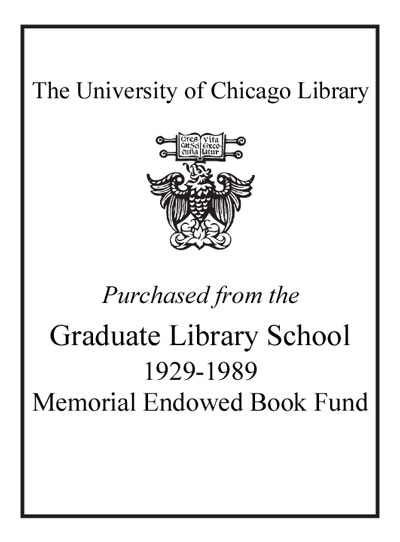| Summary: | "Contextualising the seemingly esoteric and exotic aspects of Tibetan Buddhist culture within the everyday, embodied and sensual sphere of religious praxis, this book centres on the social and religious lives of deceased Tibetan Buddhist lamas. It explores how posterior forms - corpses, relics, reincarnations and hagiographical representations - extend a lama's trajectory of lives and manipulate biological imperatives of birth, aging and death. The book looks closely at previously unexamined figures whose history is relevant to a better understanding of how Tibetan culture navigates its own understanding of reincarnation, the veneration of relics, and different social roles of different types of practitioners. It analyses both the minutiae of everyday interrelations between lamas and their devotees, specifically noted in ritual performances and the enactment of lived tradition, as well as the sacred hagiographical conventions that underpin local knowledge. A phenomenology of Tibetan Buddhist life, the book provides an ethnography and insight of the embodiment of Tibetan Buddhism in everyday life. This unusual approach offers a valuable and a genuine new perspective on Tibetan Buddhist culture, and is of interest to researchers in the fields of social/cultural anthropology, religious, Buddhist and Tibetan studies"--
|
|---|

